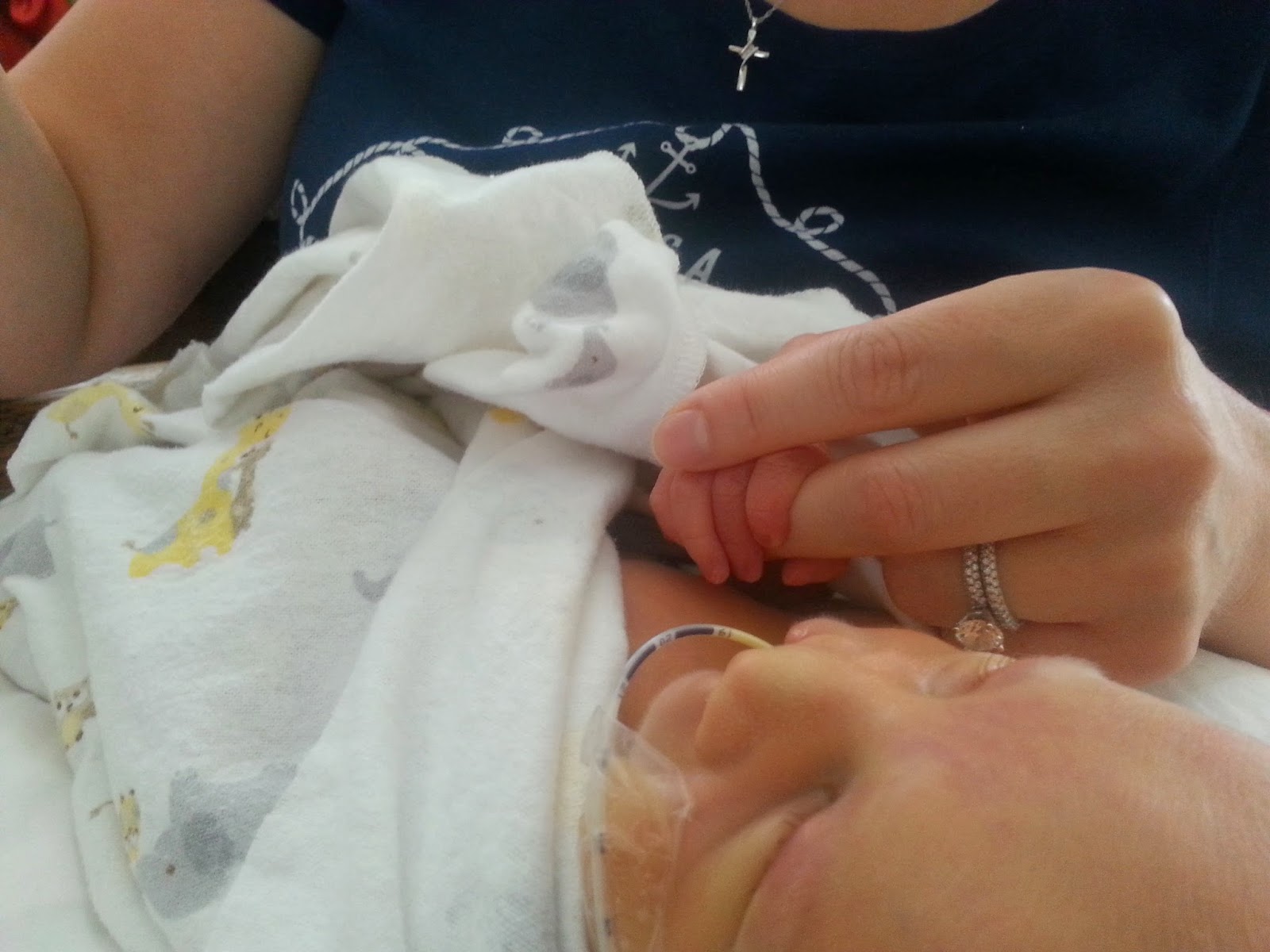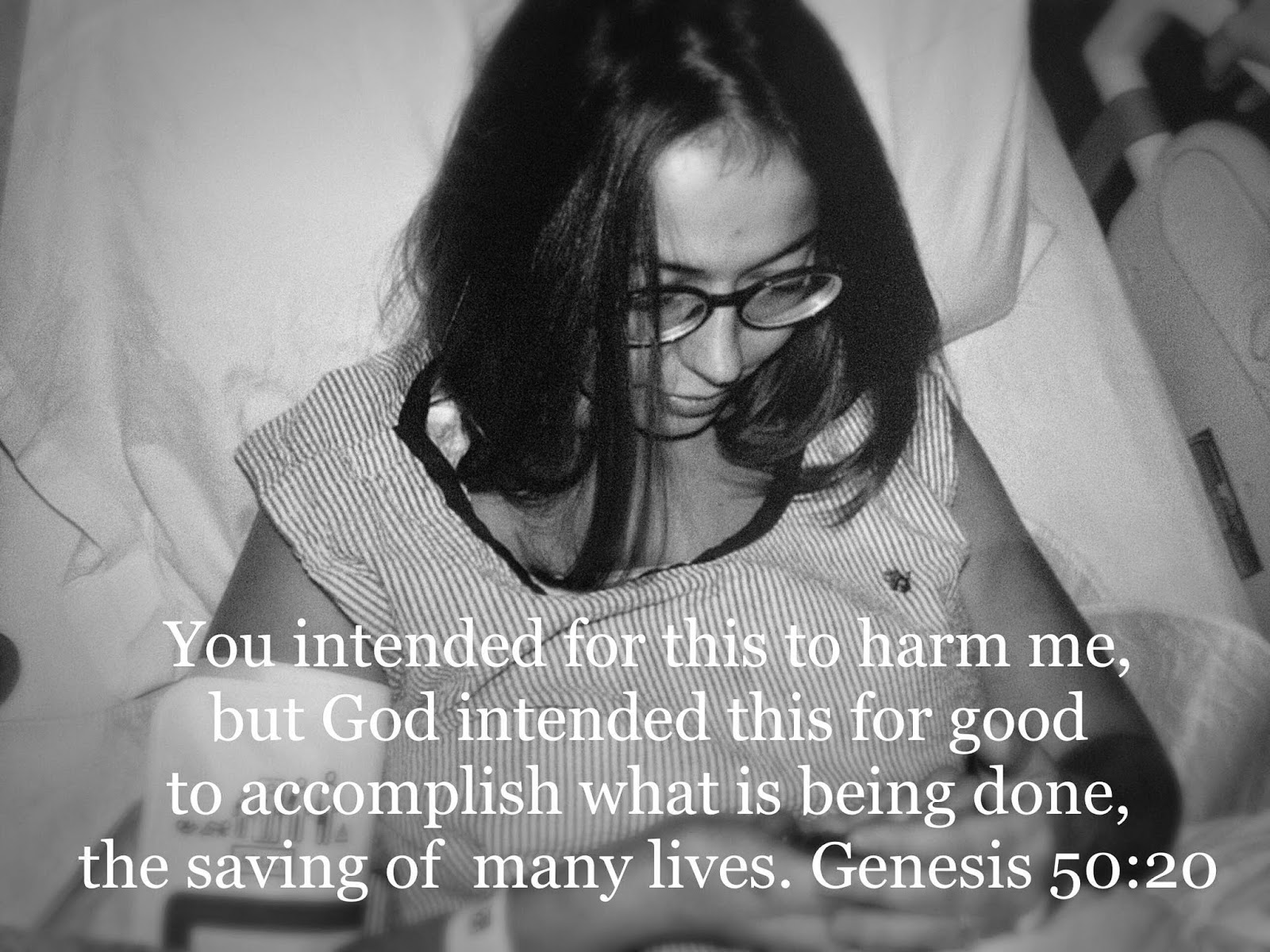Do you want him to rest or rise?
I had this dream some time ago where I saw Jesus sleeping
peacefully by himself in a boat floating near the shore in a still body of
water (No, I don't remember what he looked like, but I'm pretty sure he had a beard!). He was worn out, sorrowful, and in need of deep rest. As he
was laying in peace and solitude, I saw a crowd approaching over over the
horizon. The crowd looked desperate and destitute. They shouted for Jesus to come
help them, to heal them and to teach them. Jesus was startled from his
rest and rose to answer the call to help the people. But as this
happened, I fell into a deep weep for him. From somewhere in this dream I
cried out, “Let him rest! Please, he needs to rest!” I longed for
him to be able to get the rest that his body needed. I begged the
people to give him a break, and to, "Stop demanding so much from him!" This may have been the end of the dream, or it may just be all my memory allows me
to recall. Every couple of months, this dream comes back into my mind. I meditate on what it might mean, and why I expressed so much passion in
thinking Jesus needed rest.
Matthew 14:13-14 was fresh in my mind
when this dream occurred. “…(Jesus) withdrew from there in a boat to a
desolate place by himself. But when the crowds heard it, they followed
him on foot from the towns. When he went ashore he saw a great crowd, and
he had compassion on them and healed their sick.” To give a little
context, Jesus had just found out that a great man whom he loved dearly, John
the Baptizer and the Forerunner, had been murdered in a gruesome and humiliating way. Upon
hearing this, Jesus needed to grieve and be alone. He was likely fearing for
his and his followers’ safety as well. What better place to get some alone time than to drift out into a body of water alone in a boat? We can only imagine that Jesus had a decent amount of time to pray, think and rest.
This short description in Matthew of
Jesus seeking solitude could easily be glanced over and ignored. Directly following Jesus’ time in the boat, Matthew moves into a description of
the miracle of Jesus feeding 5,000 people. But we shouldn't breeze by Matthew's account of how Jesus seeks to process his grief by getting some alone time after the loss of John. I believe we get an intimate
look at Jesus in these short passages squeezed between the death of John the
Baptist and the feeding of the 5,000. We get to see his unbridled, authentic reaction when people demand
more out of him... when all he wants to do is grieve and “get away” for a
while. There are four points I take away from these passages of Jesus
alone on the boat:
1.
Importance
of rest, solitude, prayer and meditation
Throughout his lifetime, we are given
stories and indications that Jesus spent quite a bit of time alone. We
see many occasions (see his 40 days of temptation in the dessert and his prayer time in the Garden of Gethsemane) of him making a decision to leave the crowd to go
think, pray and listen. Are you afraid of being alone? Do you use noise as a companion to block out loneliness in your life? Even when you are alone, do you constantly have the sound of
a TV, podcast, music or talk radio in the background? You may find value in silence and solitude. If you are constantly thinking, "Man, I just can't focus on prayer," or, "I can't find time to pray," then maybe the noise in your life is what is perpetuating your stagnant prayer life.
2.
Don’t
be selfish in your grief or your own personal hardship
When Simon died there arose within me
this urge to withdraw, to build walls that would block access to people.
“They don’t get it. They don’t understand my pain. Nobody can
relate to what I’m feeling. How can people go about they daily lives when
my world is standing still?” These are all things the voice within tells
you in the midst of grief. At its origins, suffering and grieving may
require times of solitude, but it only becomes productive suffering or productive
grieving if we row back to shore and join the crowd. Through his example,
Jesus calls us to rise from our resting place - while we yet have foggy eyes
and tired backs - and get back to serving those who need us, those we
love. I remember the morning after Simon died there was this feeling of
reluctant obligation to have a “normal” morning with Teddy. Teddy would
wake up at 7:00 AM just as he does every morning. He would whine about
getting in is high chair. He would beg for his “yogurk.” He would
be clinging to your leg while you just wanted to have a little peace and quiet,
and process the last week’s events while you enjoyed a cup of coffee.
Teddy needed us to be his parents and answer the call to love him regardless of
the fresh wounds we were nursing.
So often, we search for one simple solution to a problem. With the problem of grief, we want to know if the best solution is to be alone and experience our grief in prayerful solitude, or is the solution to be in community and process pain through normal work life, conversation and relationship with others? To that question, the Bible answers, "Yes." Both rest-in-solitude and work-in-community put you on the path of productive grieving. They work together in the sanctification process - not exclusive of one another.
So often, we search for one simple solution to a problem. With the problem of grief, we want to know if the best solution is to be alone and experience our grief in prayerful solitude, or is the solution to be in community and process pain through normal work life, conversation and relationship with others? To that question, the Bible answers, "Yes." Both rest-in-solitude and work-in-community put you on the path of productive grieving. They work together in the sanctification process - not exclusive of one another.
3.
He
always rises when we call him.
What if Jesus pretended to sleep when the
crowd approached? What if he just rowed his boat further away from the
crowd where he could ignore their pleadings and focus on his own needs?
He didn’t stand up and say, “Seriously, guys? I just got comfortable.”
Would you blame him for wanting a break? I wouldn’t. Obviously, in
my dream I had a desire for him to take a little vacation from all the miracle
work and healing. In Jesus, our carpenter Messiah, we have the most unselfish
and sacrificial person the world has ever known. Without reluctance, he
lets go of his need for rest and jumps back into serving compassionately.
This assures us that in our relationships with him today, he will always rise
when we call him. We shouldn't convince ourselves that our problems aren't worth his time, or that we’re too dirty or unfaithful for him to touch
us. He compassionately embraces us if we desire his presence.
4.
Rest, solitude and prayer come before the miracle(s)
When we review the events that led up to
the famous miracle of the feeding of the 5,000, we get a peak into the sorrow
and fear that Jesus would have experienced surrounding the murder of
John. Discipline. Grief. Prayer. Loneliness.
Work. Sleep deprivation. Fear. All of these are present for
Jesus and his followers leading up to the feeding of the 5,000. We should
all expect suffering. We should expect for the wine to run out, as my
Pastor, Bill Gorman spoke about during his September 21st Sunday sermon. When we are alone, our
discipline, our preparation and our prayer will prepare us for (a) the
struggles of this life, (b) for the joyful participation in God’s miracles, and
(c) celebration of restoration that will take place in the life to come. To reinforce the importance Jesus puts on prayer and solitude, we see later in Matthew 14:22 after the 5,000 are fed that Jesus dismisses the crowd and takes a hike by himself up the mountain to pray. And what takes place directly following his time alone? Another miracle!
Finally, one question still remains about my
dream. Why did I want him to ignore the crowd and stay alone in the boat to pray and rest? This is not
truthfully what I want for him - it is what I want for me.
What I really want is for Jesus to do exactly what he did - to rise and get
back to his work of changing the world and changing me. I take this as a
sign that I can be more disciplined in my daily walk. My thought life, my
alone times, my time spent in purely secular settings such as work - these all
must be viewed as part of God’s kingdom. All of it is his. In his
book, “The Spirit of the Disciplines,” Dallas Willard writes, “Our mistake is
to think that following Jesus consists in loving our enemies, going the ‘second
mile,’ turning the other cheek, suffering patiently and hopefully - while
living the rest of our lives just as everyone else around us does.” If my
desire is to rise from the boat - to be like Jesus - my whole world must be
transformed by him. This can only come from practice and preparation
through dedication to God’s word and intense prayer. As we follow Jesus' footsteps and seek to be like him, we see that the alone times are just as important as the times in community.




Comments
Post a Comment